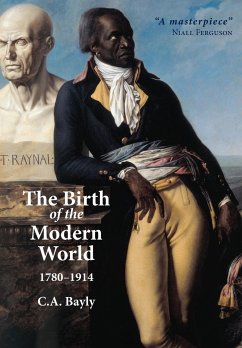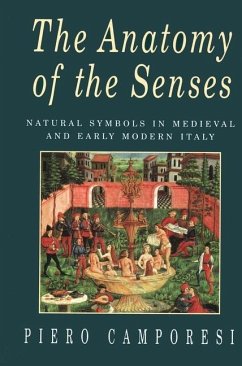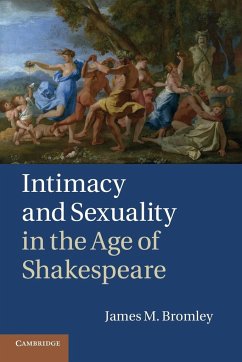
The Birth of Intimacy
Privacy and Domestic Life in Early Modern Paris
Versandkostenfrei!
Versandfertig in über 4 Wochen
23,99 €
inkl. MwSt.

PAYBACK Punkte
12 °P sammeln!
This lively new book examines the origins of modern intimacy and domestic life. Focusing on Paris in the seventeenth and eighteenth centuries, the author explores the emergence and development of ideas such as 'sociability', 'comfort' and 'the home. On the basis of extensive and original research, Pardailhé-Galabrun describes early modern Paris as a city of contrasts: between buildings constructed as rental properties with ordinary, cramped facades, and the townhouses of the nobility, with carriage entrances, standing on lots alongside spacious courtyards and gardens. She has produced a vivid...
This lively new book examines the origins of modern intimacy and domestic life. Focusing on Paris in the seventeenth and eighteenth centuries, the author explores the emergence and development of ideas such as 'sociability', 'comfort' and 'the home. On the basis of extensive and original research, Pardailhé-Galabrun describes early modern Paris as a city of contrasts: between buildings constructed as rental properties with ordinary, cramped facades, and the townhouses of the nobility, with carriage entrances, standing on lots alongside spacious courtyards and gardens. She has produced a vivid picture of the texture and warmth of life in the domestic world of pre-Revolutionary Parisians.












